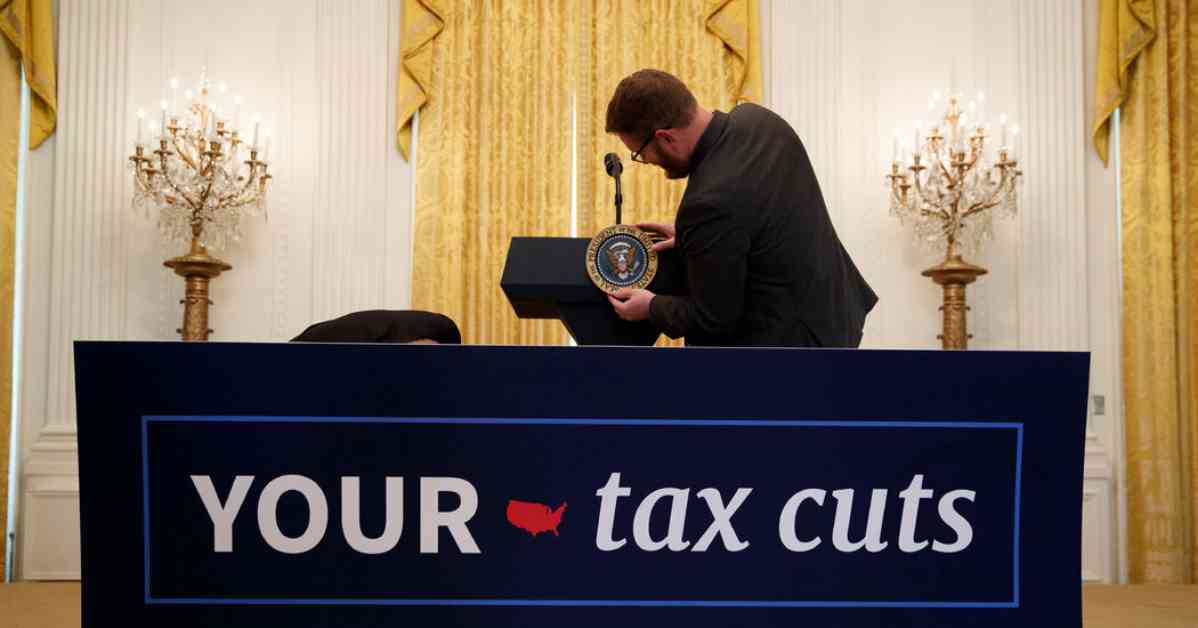Lawmakers and lobbyists in Washington are gearing up for a major tax debate next year, despite uncertainties surrounding the control of the White House and Congress. The expiration of many tax cuts from former President Donald Trump’s 2017 tax law in 2025 has set the stage for potential changes in federal tax policy.
With President Biden choosing not to seek re-election, the upcoming tax battle is anticipated to be significant. Referred to as the “Super Bowl of tax,” preparations are already underway across the nation’s capital. Both Republicans and Democrats on Capitol Hill are strategizing and educating themselves on the key issues. Lobbyists are actively advocating for their interests and planning substantial publicity campaigns to defend corporate tax breaks. Think tanks are also conducting research to analyze various aspects of the complex tax code.
At the heart of the debate lies the Tax Cuts and Jobs Act passed by a Republican Congress and signed into law by President Trump. To manage the impact on the federal budget at the time, many of the tax cuts were scheduled to expire after 2025. This impending deadline presents a unique opportunity to reshape federal tax policy next year, prompting both parties to prepare for potential changes following the November elections.
Key tax measures set to expire include benefits for middle-class Americans such as a larger standard deduction, lower income tax rates, and an increased child tax credit. Republicans made the strategic decision to let these tax cuts expire while making the lower 21 percent corporate rate permanent, anticipating Democratic support to preserve the middle-class benefits.
Senator Michael D. Crapo of Idaho, the top Republican on the Senate Finance Committee, emphasized the importance of being prepared for the upcoming tax debate, referring to the current phase as “preseason.” Lawmakers are actively studying and gathering ideas to be ready to act on the tax policy changes next year.
As discussions and preparations unfold in Washington, the outcome of the tax debate will have significant implications for individuals, families, and businesses across the country. Stay tuned for more updates and insights as the tax fight continues to evolve in the coming months.




